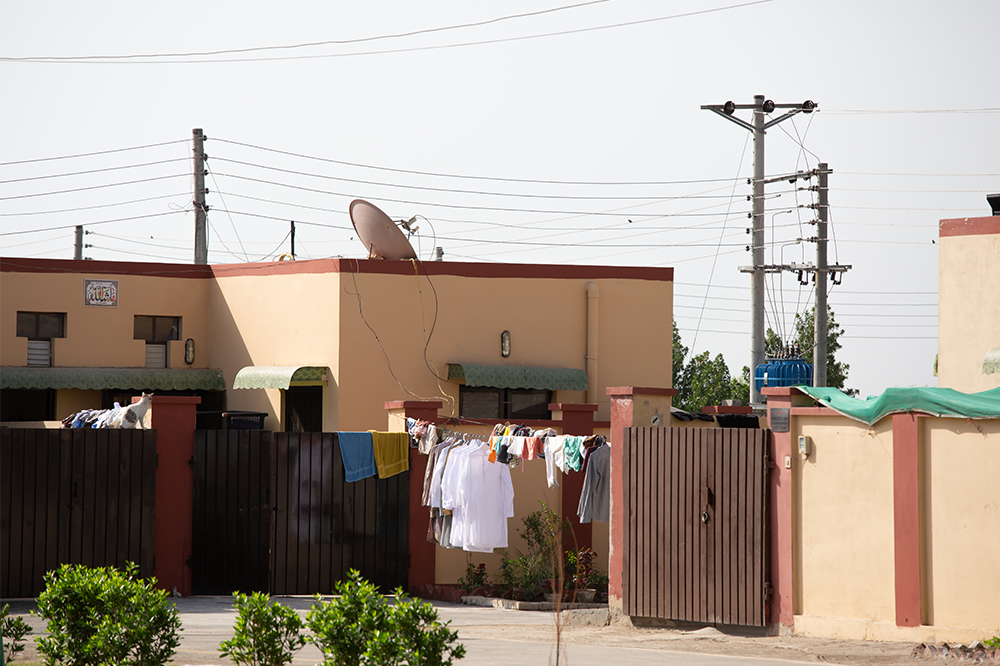There is a growing belief that social enterprise is the future of business.
Today’s new workforce are as concerned about making a positive impact on the world as they are about making money. In fact, encouragingly, 94% of young people want to use their skills for good.
There is now a greater understanding that we all share an aspiration to provide for our families, to offer our children opportunities beyond our own and to design a future with prosperity, sustainability and health. We are more enlightened about the need for diversity and inclusion in the workplace and cognizant that our environment and societies are interconnected and impacted by the global economy.
Most of us are consumers, irrespective of our income levels. Therefore, there is a significant opportunity for businesses to take up the challenge of delivering innovative and affordable products to people at the bottom of the pyramid and through this, to genuinely change the world for the better.
Against this backdrop, social enterprises have taken off. Combining capitalism and social good concurrently is just as possible and necessary than purely delivering profits for shareholders. In fact, recently these self-funding, for-profit businesses have taken up the mission to tackle global issues such as alleviating hunger, improving education and combatting climate change.
To achieve these goals, social businesses are looking at more innovative ways of funding social change and incorporating their social good into their USP. Businesses can do this in a myriad of ways, such as by the development of social and environmental bonds, blended finance models, funding specific social programmes or partnering with governments or philanthropic entities. All ultimately providing consumers with more choice in what their spending achieves.
So why I am I particularly excited about social business? Well, having spent most of my career working in international development – both management consultancy and at grass roots level, I have come to the strong belief that there is nothing which can bring reform, development and progress as effectively as social business. Bill Gates once described it as “a blueprint for fighting poverty with profitability.”
In my role at Reall as Head of Operations for Asia, I am acutely aware of the need for affordable housing across the region. The World Bank states that: “One in every four people on the planet live in the South Asia region, and more than 14% of South Asians have no home, not counting a further 45% living in overcrowded conditions.” This means that 59% of people living in South Asia do not have a home that provides them with quality, safe, secure tenure.
This is a huge problem, but it is also a massive opportunity. At Reall, we work to transform people’s lives through strategic interventions with social business partners that have a clear remit to deliver affordable housing solutions to those people in the bottom 40% of the income pyramid. We do this to demonstrate the commercial viability of this market segment in order to draw in the private sector to deliver the solution at scale Without private sector buy-in to world issues, we will struggle to come close to achieving the objectives of the Sustainable Development Goals (SDGs) by 2030.
Unlocking access to affordable housing for 59% of the population in South Asia will reap untold social and economic benefits to the people themselves, to the businesses they buy from and the countries they live in.
Reall offers the unique proposition of supporting social businesses delivering change at scale in the affordable housing market of emerging economies. In many cases, this is market creation, in others, market transformation.
Affordable housing can completely change a person’s life because it acts as the nexus across all critical human rights issues, including access to health, clean water and sanitation, education and livelihoods. In fact, affordable housing impacts 16 of the 17 SDGs. There is no more powerful tool for development and progress then this.
My message for those interested in social enterprise is to quote from one of the world’s most influential business thinkers, C.K. Prahalad: “If we stop viewing the poor as victims or as a burden and start recognising them as resilient, creative, entrepreneurs and value conscious consumers, a whole new world of opportunity will open up.”

Emma Ahmed
Emma Ahmed is Reall’s Head of Operations for Asia. She is a senior leader with more than ten years’ experience in international development and successfully growing social enterprises with in-depth specialism in South Asia. Here she shares with us her perspectives on the role of social enterprise in the context of development.



